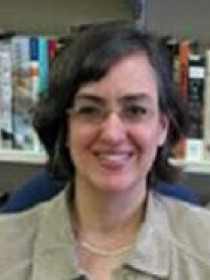
Lorraine C. Minnite
Connect with Lorraine
About Lorraine
Minnite is a policy-focused political scientist with expertise in American and urban politics and policy. She specializes in the study of inequality and how it is dealt with by the American political system, teaching courses on political participation, poverty, community development, urban politics, and policy analysis. Her earlier work on immigrant communities in New York City engaged a community collaborative research process that produced new insights into questions about immigrant political incorporation. With her expertise on voter fraud, she has testified before Congress, advised government agencies such as the U.S. Elections Assistance Commission and the U.S. Government Accountability Office, been invited to speak to state elections officials about her research, and participated as an expert witness in high profile legal challenges to new voter identification rules adopted in a number of states.